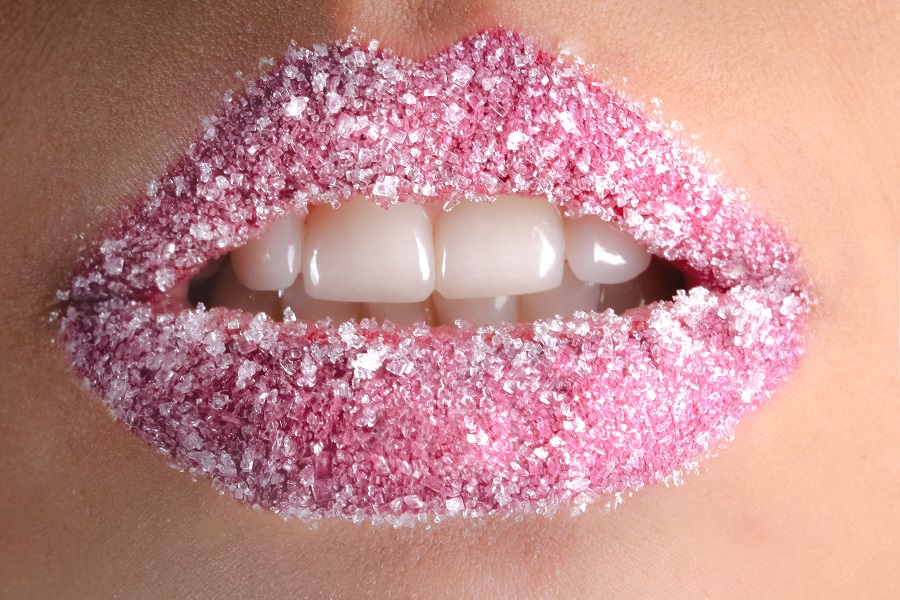Sleep apnea is a serious sleep disorder that causes you to stop breathing while you sleep. It’s caused by a blockage of the airway, usually when the soft tissue in the rear of the throat collapses and closes as you sleep. Sleep apnea can cause a number of health problems. Not only can it make you feel tired during the day, but it can also cause high blood pressure, stroke, and heart failure. If you have symptoms of sleep apnea, it’s important to talk to your dentist. Treatments are available that can reduce or eliminate the symptoms of this dangerous disorder.
Here are some of the common symptoms:
Loud Snoring
The loudest sound emitted by a person with sleep apnea is snoring. Snoring occurs when air cannot move freely through the mouth and nose while a person is asleep due to soft tissues blocking the airway. When the soft tissue or muscles relax during sleep, this allows the tongue to fall backward into the throat, narrowing the airway and causing loud snoring sounds. Often, people with sleep apnea don’t realize they are snoring; however, their sleeping partners may hear the sounds and report symptoms to the snorer.
Hypoxemia
During an at-home sleep test, there are devices that measure the amount of oxygen in your blood as you sleep to determine if you have obstructive sleep apnea. By measuring your blood oxygen levels, the sleep specialist can tell if you experience drops in your blood oxygen levels while you sleep. This is known as hypoxemia. Hypoxemia causes people to wake up, and experience shortness of breath as the body tries to bring in more oxygen. If your oxygen levels are consistently low throughout the night, you may be diagnosed with sleep apnea.
Waking Up With a Dry Mouth
If you suffer from sleep apnea, you may wake up in the morning with a sore throat or dry mouth. Your tongue may also become dry due to the decreased flow of saliva in the mouth at night. These common symptoms of sleep apnea are often mistaken for the common cold.
Excessive Daytime Sleepiness
However, even though you may sleep for eight hours or more each night, you may not be getting the quality sleep you need due to obstructive sleep apnea. This lack of sleep can lead to other health problems.
Morning Headaches
One of the most common symptoms of untreated sleep apnea is morning headaches. Fatigue, irritability, and mood swings are also common symptoms.
Unexplained Bedwetting
Obstructive sleep apnea can cause nighttime bed wetting in kids. A child who wets the bed may not realize there is a connection between their sleep and their bladder.
If you think you may be suffering from sleep apnea, contact Healthy Smiles of Saint Louis at 4224 Watson Rd, St. Louis, MO 63109, or call (314) 832-1366.
More Blog Posts
Save time by completing your new patient forms and sending them to us online or bring them with you to your first visit.
- MON - THU8:00 am - 5:00 pm
- FRI - SUNClosed








